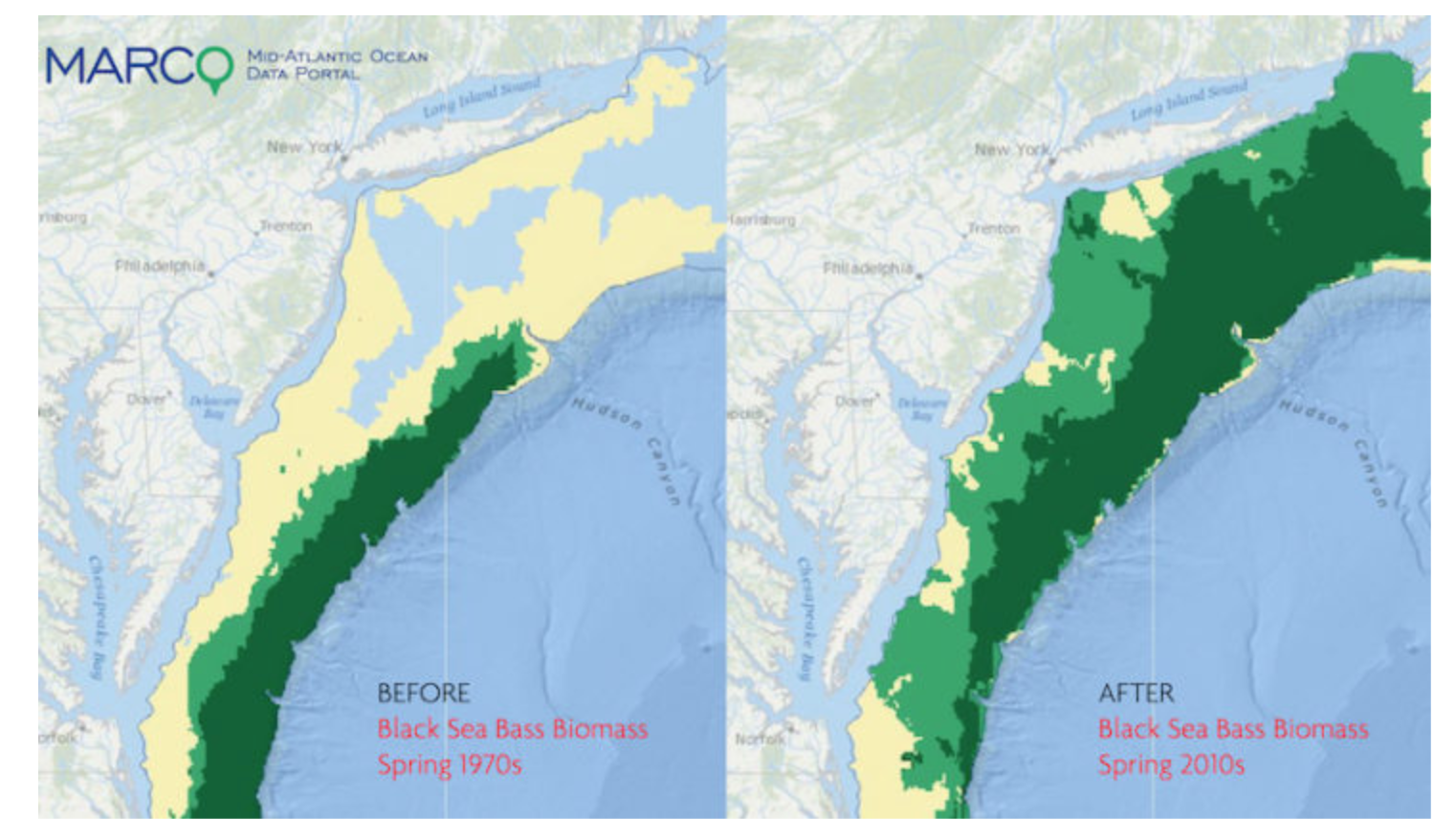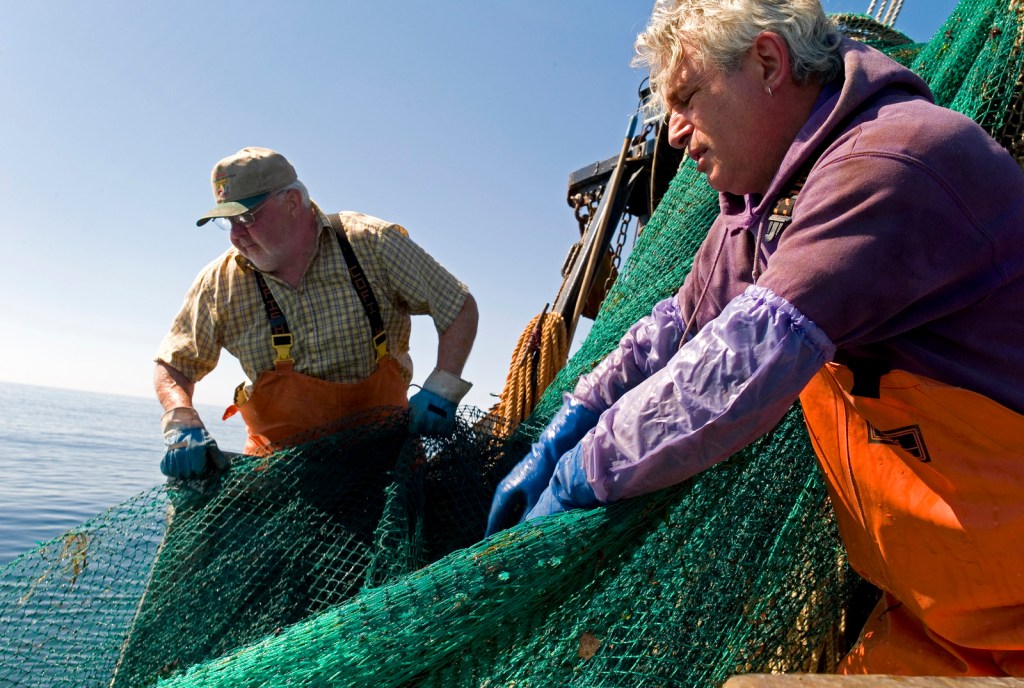As climate change upends ecosystems, including fisheries, scientists are moving beyond documenting the impacts to recommending actions to mitigate and adapt to those impacts. A new study in Marine and Coastal Fisheries from TNC aggregates and examines real-world approaches that show how fishing communities, businesses and management agencies are adapting practices and policies to address climate impacts.
The Gist
Managing fisheries is already challenging, and climate change adds additional layers of complexity. The range of examples described in the paper, “Actions to promote and achieve climate ready fisheries: Summary of current practice,” can be divided into two broad categories,
- tried and true fisheries management practices that simply need more attention and funding to implement, like modernizing fisheries data systems; and,
- climate-focused approaches like adjusting baseline productivity data to set sustainable harvest levels as well as tools such as scenario planning.
“It’s encouraging to see these examples, but given the magnitude of the challenge, we must substantially increase our efforts around the world to reduce and mitigate the impacts of climate change,” said Rich Bell, TNC’s lead fisheries scientist for North America and lead author of the study. “Our challenge now is to transfer effective adaptation approaches to new geographies until they become commonplace. This paper was developed to show what’s possible and help inform and accelerate that global shift.”
The Big Picture
The new study notes as the abundance and geographic ranges of marine species shift, the potential for new fishing opportunities develops, along with the responsibility to sustainably manage the emerging resources.
Jay Odell, TNC’s director of fisheries for North America and a study co-author, said the new research clearly shows that fishing communities hold deep expertise for adapting to changing ocean conditions, but management systems need to be adjusted to unleash this capacity.

“Many of the responses needed for climate-ready fisheries are being demonstrated by fishermen who have been successfully adapting to dynamic ocean and economic conditions for generations,” he said. “Unfortunately, status-quo fishery management systems are typically handicapped by excessive lags between changes in ocean ecosystem conditions and regulatory responses. These lags drive conflict and distrust when rule changes are based on past rather than current ocean conditions.”
The Takeaway
About 10 percent of the global population relies on fisheries for their livelihoods and more than 3 billion people depend on fisheries and aquaculture to provide nearly 20 percent of their animal protein intake. This new study clearly indicates it’s time to move towards implementing actionable adaptation solutions for climate-ready fisheries, and provides an extensive, detailed menu of options and examples.
The successful approaches it highlights can be combined and customized to provide best-fit solutions to help diverse fisheries and dependent human populations around the world persist and thrive despite climate change stresses.




I know the authors mean well, but it makes me sad when I hear articles entitled “solutions for climate ready fisheries”. This naming gives people the false impression that adaptation of management is the solution to the climate crisis as opposed to attacking the root cause, reducing greenhouse gas emissions. In the short term adaptation of fisheries is possible, but continuing changes in species ranges, increasing ocean acidification, decreasing O2 levels are our future unless the public knows the problem needs to be solved by attacking the root problem – accumulation of greenhouse gasses. It’s similar to the title “solutions for cigarette-smoking ready lungs”. In the short term a doctor could probably help your lungs if you continue to smoke. Long-term, well, you know what happens.